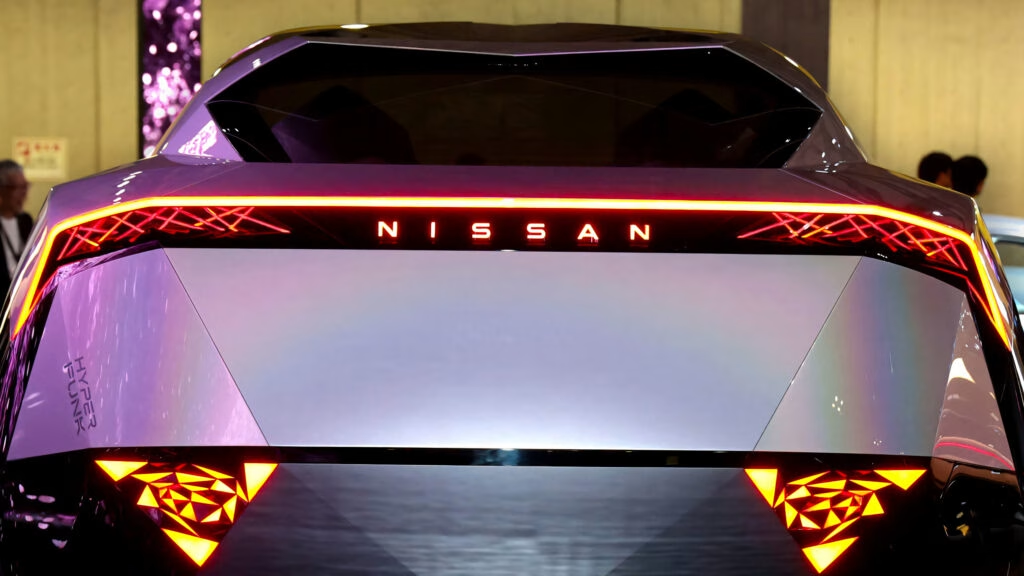Nissan is making significant shifts in its electric vehicle strategy, and it’s all about adapting to the changing landscape of the automotive market. With the sedan market shrinking, the company has decided to cancel its plans for electric sedans and crossovers, focusing instead on a new electric SUV that promises a more rugged design. Let’s dive into what this means for Nissan and its future in the EV space.
Why Did Nissan Cancel Its Electric Sedans?
In a recent internal memo, Nissan confirmed the cancellation of two electric sedans that were initially slated for production in the U.S. This decision comes as no surprise, especially after Nissan Americas chairperson Christian Meunier acknowledged that the sedan market is on the decline. The company is responding to these market realities by pivoting away from sedans and crossovers that no longer align with consumer demand.
Originally, these electric sedans were intended to replace the well-known Maxima and Altima models. Alongside them, an electric crossover, codenamed PZ1L, was also in the works but has since been scrapped. The good news? Nissan is not completely stepping away from its electric ambitions at the Canton, Mississippi plant. Instead, they are recalibrating their approach to better meet market needs.
What’s Next for Nissan’s Electric Vehicle Lineup?
Looking ahead, Nissan is gearing up to produce a new electric SUV, referred to internally as the PZ1K, set to hit the production line in January 2028. This model is expected to sport a “brawny” design reminiscent of the Xterra crossover, appealing to consumers who favor a more rugged aesthetic. Additionally, an Infiniti version of this SUV, known as PZ1J, is scheduled to begin production in May 2028.
These upcoming vehicles will be built on a flexible platform designed to accommodate a variety of body styles, including crossovers, sedans, and even lightweight pickups. This adaptability is crucial in a market that demands versatility and innovation. The new platform will also feature upgraded electric motors and faster charging capabilities, along with lower-cost lithium-ion batteries, making these models not just appealing but also more affordable for consumers.
Are Electric Sedans Still in Demand?
While Nissan is stepping back from electric sedans in the U.S., it recognizes that there’s still a market for them in regions like China. Recently, the company unveiled the all-electric N7, developed in partnership with Dongfeng. This model features a robust 400-volt architecture and offers battery options of 58 kWh and 73 kWh, with electric motors delivering between 215 hp and 268 hp. This move highlights Nissan’s strategy to tailor its offerings to specific markets, ensuring they remain competitive globally.
What Does This Mean for Nissan’s Future?
Nissan’s shift towards electric SUVs reflects a broader trend in the automotive industry, where consumer preferences are evolving rapidly. As more drivers seek out vehicles that combine utility with eco-friendliness, Nissan is positioning itself to meet these demands head-on. The focus on rugged electric SUVs could very well place the brand in a strong position as the market continues to evolve.
The big takeaway? Nissan isn’t about perfection—it’s about smarter adjustments. By pivoting towards electric SUVs and recognizing the nuances of market demand, they’re setting themselves up for success in a competitive landscape. If you’re in the market for an electric vehicle, keep an eye on Nissan’s upcoming releases; they might just surprise you with what’s on the horizon.

